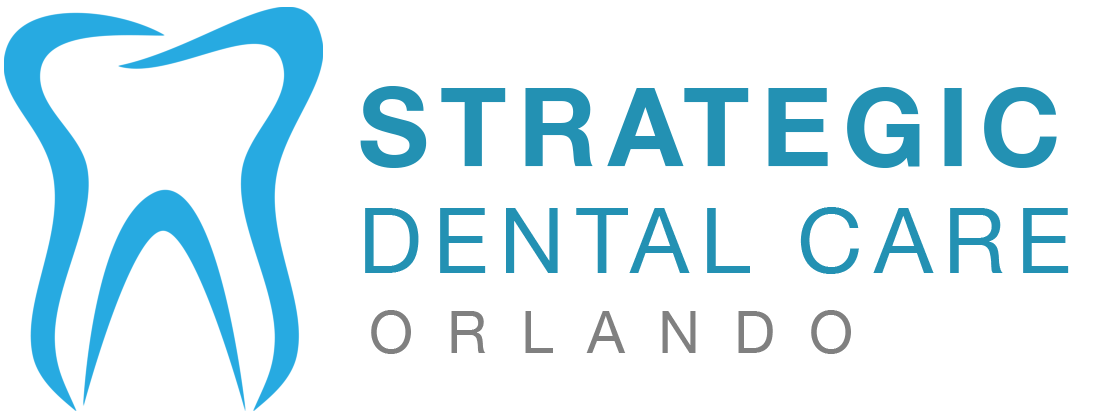Surgical Instructions
Surgical Instructions
Strategic Dental Care wants its patients to be comfortable and informed during the treatment process. We want our patients to be prepared for their procedure and encourage them to ask questions about the treatments they will be receiving. The following is a starting point for patients who want more information about their procedure and the process Strategic Dental Care will be following. Patients may want to put together a list of questions that they want answered during their consultation.
01. PAIN
Many patients will experience some form of discomfort or pain as the anesthesia begins to wear off. Strategic Dental Care recommends that you begin taking a non-steroidal anti-inflammatory medication once you're home. Medications such as Advil/Ibuprofen/Motrin/Aleve can be taken as directed (usually 400 mg every 4 to 6 hours). If you are unable to take anti-inflammatory medications, take Tylenol or acetaminophen as directed on the bottle (usually 650 mg to 1,000 mg every 6 hours). If pain continues, take any prescribed pain medication as directed. All pain medications can cause nausea and vomiting, so follow instructions and try to eat before taking. Take some form of medication before any pain becomes unbearable. Waiting too long will only make the pain more difficult to get under control. Moderate to severe pain usually does not last longer than 24 to 72 hours, and will usually peak on the third post-operative day. You should begin to feel relief by the fourth day following surgery. If not, call your dentist.
02. BLEEDING
Some minor bleeding or oozing from a surgical site is common. Some bleeding may continue for as many as 24 hours. To prevent bleeding, bite on a gauze sponge for 30 minutes, keeping firm pressure on the surgical site. Once the oozing has slowed, try to avoid placing gauze or any other irritant near the surgical site. This will lead to continued bleeding and discomfort. Biting on a moist tea bag wrapped in gauze could also help control any persistent oozing. If active bleeding should start, carefully rinse your mouth with cold water and apply a fresh gauze sponge to the site. Apply firm pressure for 15 to 30 minutes and the bleeding should stop. Should active bleeding persist, call Strategic Dental Care immediately and a member of our surgical team will get back to you quickly.
03. THE SURGICAL SITE
Resting the soft tissues will expedite healing. That means no vigorous chewing, excessive spitting or rinsing for the first 24 hours. Any of those activities could cause active bleeding to begin again which could cause an infection to be introduced. When drinking, AVOID USING A STRAW. The suction can cause the blood clot to become dislodged. No smoking at all. Smoking can slow healing and contribute to a possible infection. Don't worry if the stitches start to come loose. The sutures are made to dissolve in 5 to 7 days and should not require removal.
04. SWELLING
Expect some swelling during the first 12 to 24 hours following surgery, often peaking on the third post-operative day. There should be no visible swelling by the fourth day. To reduce swelling, place an ice pack on the affected side at 30-minute intervals during the first 48 hours after surgery. Any swelling, soreness, or stiffness in the jaw muscles can be relieved by applying a warm moist towel to the affected side of the face several times a day.
05. ACTIVITY
Following any surgery, you should limit activity for the first 24 to 48 hours. Excessive exertion can cause bleeding and discomfort. Elevate your head at a 45-degree angle when you rest. Do not drive for 24 hours following surgery, especially if you were under anesthesia or if you're taking a prescription pain medication.
06. DIET
DRINKING FLUIDS IS MANDATORY. Strategic Dental Care suggests clear liquid beverages such as water, ginger ale, 7-Up, or Sprite during the first 24 hours. Begin to eat soft foods and drink other fluids as your wound heals. Avoid hot liquids until the anesthesia has worn off and the bleeding has stopped. FOOD SELECTION is largely a matter of choice. Soft, cool foods that require little chewing are most easily tolerated. Do not drive for 24 hours following surgery, especially if you were under anesthesia or if you're taking a prescription pain medication.
07. ORAL HYGIENE
Use warm salt water rinses (1/4 teaspoon table salt with a small cup of water) to clean your mouth during the first 24 hours following surgery. Rinse in the same manner three times daily for one week. LIGHTLY BRUSH your teeth, being careful not to irritate the surgical site.
08. YOUR MEDICATIONS
Unless advised by your dentist, take all medications as scheduled. Patients who take blood-thinners (i.e., Coumadin) should restart those medications as directed following surgery unless there is continued bleeding.
